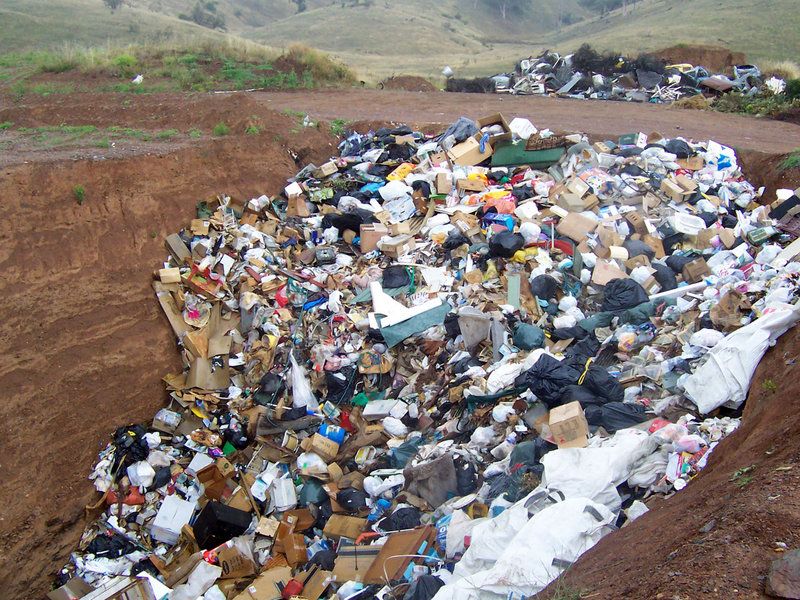Waste to power 10,000 UK homes
The world’s largest waste-to-biogas conversion plant is set to open in the UK, which plans to use advanced enzyme technology to handle waste.

The world’s largest waste-to-biogas conversion plant is set to open in the UK, which plans to use advanced enzyme technology to handle waste.
The project is run by Danish energy company, Dong Energy, and the REnescience plant is set to open next Spring in Northwich, north-west England.
The energy conversion process will work by separating organic matter such as paper and foods from other waste streams and then “washing” it free of contaminants using enzymes in a giant reactor.
Thomas Schrøder, a bio-refining vice-president for Novozymes, which developed the enzymes, explains the process further: “The enzymes take out all the organic compounds in the waste material and liquefy them so that, after washing, they come out as the perfect sludge, full of fats and oils, that can be converted to biogas.”
He added: “The slurry generates a gas byproduct when eaten by naturally-occurring bacteria, which in turn creates heat and energy when burned in the plant’s on-site engines.”
Other waste products such as plastics and glass will be syphoned off for recycling, whilst any non-recyclable materials such as wood and textiles, will be incinerated.
An estimated 15 tonnes of trash per hour – 120,000 tonnes a year – will be sorted at the plant and used to power nearly 10,000 homes.
This could save Europe approximately 600 billion euros by 2030.
The UK currently dumps over a quarter of all waste in landfill sites – the most ecologically damaging form of waste disposal.
Thomas Dalsgaard, executive vice-president for Dong, describes the plant as “a potential game changer” for the waste industry: “It is novel in its approach, it addresses society’s needs and it has a large commercial potential.”
A demo plant has been running in Copenhagen since 2009 and, sister projects are currently under construction in the Netherlands and Malaysia.
Flemming Kanstrup, project director for REnescience Northwich, said: “The sky is the limit. This technology will be applicable anywhere in the world where you have a lot of unsorted municipal waste with a high organic content.”






